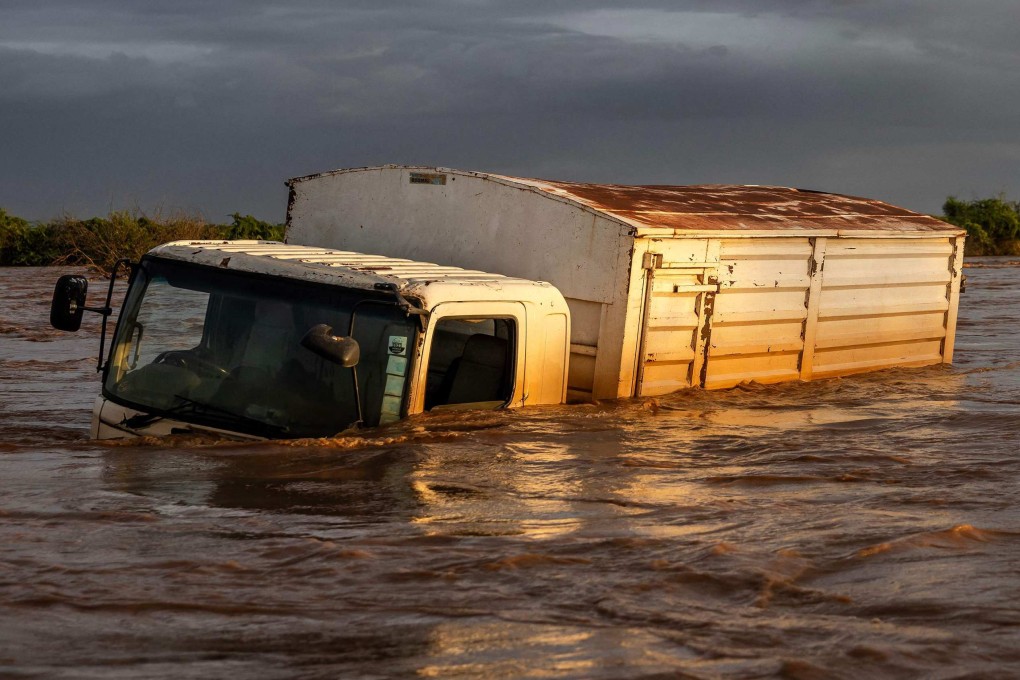Advertisement
Inside Out | Fuzzy maths on climate change funding fails world’s most vulnerable
- The arithmetic underpinning the global economy is massively out of kilter at a time when the world desperately needs concrete action on climate change
- We cannot afford to have leaders clinging to the status quo while increasing spending on defence and other domestic priorities
Reading Time:4 minutes
Why you can trust SCMP

One of my closest friends, brilliant but nerdy, constantly complains that most parents measure their children’s progress and intelligence in terms of how much they read, rather than in mathematical or scientific achievements. As a result, he claims that literacy is recognised and rewarded much more than numeracy.
Advertisement
If he is right – and I have no statistically sound way of checking – it would go a long way towards explaining why so much energy goes into literacy-based argument about economic policy, as well as why the numbers so often do not add up.
This concerns me mightily at the moment as the arithmetic underpinning our global economy is so massively out of kilter. Not only are the world’s spending needs at massively high levels, with the resources needed to underpin that spending alarmingly vulnerable, but our world’s political leaders seem unaware or unperturbed.
My concerns billowed last week as I read an assessment of the funds needed to build our carbon-free future, and to get us to a “net zero” world by 2050. According to the Carbon Policy Initiative, climate finance will need to rise to US$8.1 trillion to US$9 trillion by 2030 and to be sustained above US$10 trillion from 2031 to 2050.
For context, climate financing in 2021-22 amounted to US$1.3 trillion. For even more sobering context, the Carbon Policy Initiative estimates that if we fail to invest at this scale, the gross cost of global losses because of steadily increasing damage and disruption linked with climate change will amount to US$2,328 trillion. Quite how anyone can calculate forecasts with such stupendous numbers, I am unable to fathom. But let’s leave that issue for another day.

Advertisement
